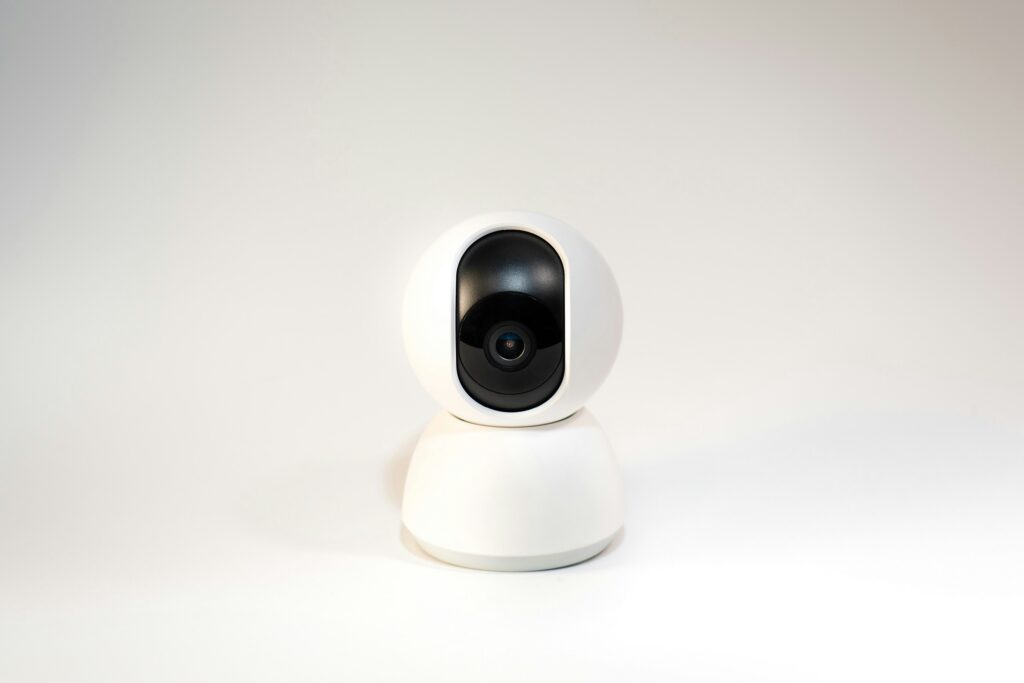Can You Legally Install a Granny Cam in a Houston Nursing Home?
As concerns about nursing home abuse grow, families often consider using a “granny cam” to monitor their loved ones. In Houston and across Texas, this decision raises both legal and ethical issues. Nursing homes must provide a safe environment, but families frequently seek extra reassurance to ensure their relatives receive proper care. So, can you legally install a granny cam in a Houston nursing home? Here’s what you need to know about Texas laws, privacy concerns, and your rights as a family member.
Texas Law on Granny Cams
In 2001, Texas became the first state to allow families to install surveillance cameras in nursing homes. This law, known as the “Authorized Electronic Monitoring” statute, gives families the right to monitor their loved ones. However, specific rules govern the installation and use of these cameras.
Key Provisions of the Law
- Consent Requirement: The resident or their legal guardian must provide written consent before installation. If the resident shares a room, the roommate must also consent.
- Notification to the Facility: Families must inform the nursing home of their intent to install a granny cam. Facilities cannot prevent this, but they must be notified in advance.
- Placement Restrictions: Cameras can only be placed in a resident’s private room. Surveillance in common areas or shared spaces is not permitted to protect others’ privacy.
- Signage: A sign must be posted outside the resident’s room to indicate that electronic monitoring is in use.
Privacy Concerns and Ethical Considerations
While granny cams can provide peace of mind, they also raise ethical and privacy concerns. Nursing home staff and other residents deserve privacy, and Texas law emphasizes the need for consent and full disclosure.
Considerations
- Respect for Roommates: If your loved one shares a room, their roommate’s privacy must be considered. The roommate can deny permission, which means installation cannot proceed in shared spaces.
- Staff Privacy: While granny cams aim to protect residents, they should not infringe on staff privacy. Clear communication with the facility helps ensure responsible camera use.
Benefits of Granny Cams
Installing a granny cam can offer several advantages for families:
- Preventing Abuse: Surveillance may deter caregivers from engaging in abusive behavior. If abuse occurs, video footage can provide crucial evidence.
- Monitoring Care Quality: Families can remotely observe their loved one’s daily care and well-being, even in reputable facilities.
- Peace of Mind: For families living far away, a granny cam can reassure them that their loved one is safe and well-cared for.
Potential Drawbacks
Despite the benefits, some drawbacks exist:
- Strain on Relationships: Some staff may feel uncomfortable being filmed, which could strain relationships. Open communication is key to mitigating this issue.
- Technical Issues: Cameras may not capture everything. Blind spots or equipment malfunctions can lead to a false sense of security.
- Privacy Concerns: Even with consent, some individuals may feel uneasy about constant surveillance. Balancing the benefits with the desire for privacy is essential.
Legal Recourse for Violations
If a nursing home denies your request to install a granny cam or interferes with its operation, you have legal options. Under Texas law, nursing homes cannot retaliate against residents for using authorized electronic monitoring devices. If violations occur, families can file complaints with the Texas Department of Aging and Disability Services.
Conclusion
You can legally install a granny cam in a Houston nursing home, provided you follow the rules outlined in Texas’s Authorized Electronic Monitoring statute. With proper consent, notification, and adherence to privacy guidelines, families can ensure their loved ones receive the care they deserve. If you’re considering a granny cam, consult with your loved one and the facility to ensure a smooth process that respects everyone’s rights.

